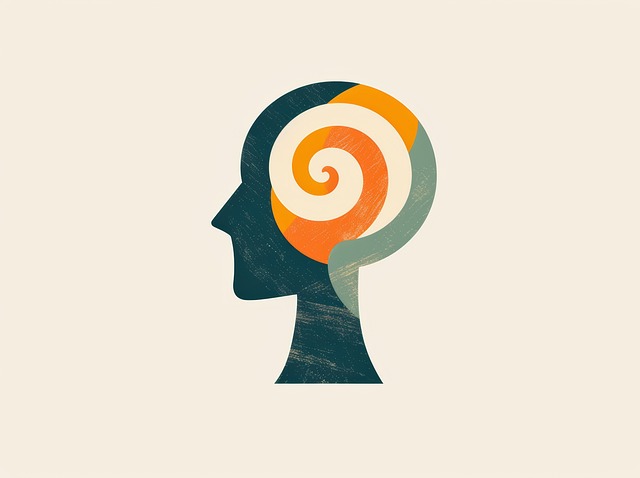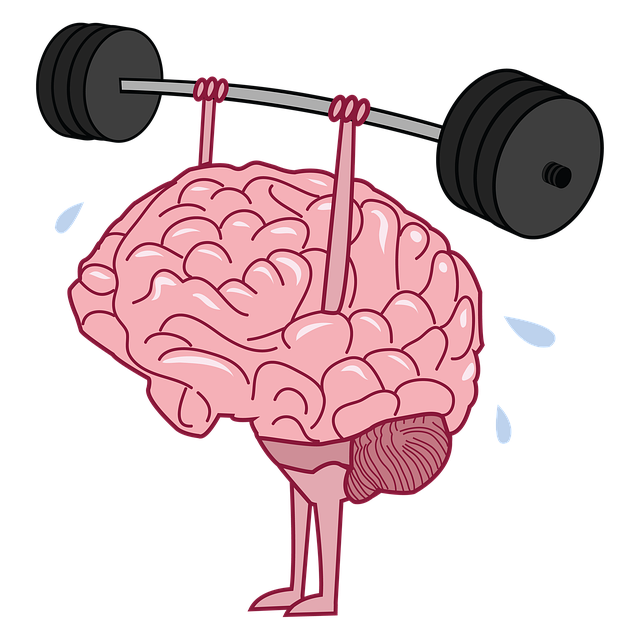To create a successful mental wellness podcast series for elders, focus on understanding their unique challenges like isolation and cognitive decline. Balance actionable advice with emotional storytelling, covering topics from self-care to culturally sensitive psychological testing. Incorporate evidence-based practices like CBT and mindfulness, and use strategic production and distribution methods including SEO best practices and social media engagement around "therapy for elders" and "psychological testing."
“Unleashing the Power of Mental Wellness Podcasts: A Comprehensive Guide for Targeted Therapies
In today’s digital age, podcasts offer a unique platform for reaching and supporting elders with mental health concerns. This article navigates the process of creating an engaging podcast series focused on therapy for elders. We explore audience insights, content design, evidence-based practices, and distribution strategies. By incorporating psychological testing, we aim to highlight effective approaches to cater to the specific needs of this demographic. Discover how to produce content that resonates, offers support, and enhances mental wellness among our aging population.”
- Understanding the Target Audience: Exploring the Needs of Elders
- Designing Content and Structure for Effective Podcast Therapy
- Incorporating Psychological Testing and Evidence-Based Practices
- Production and Distribution Strategies for Reach and Impact
Understanding the Target Audience: Exploring the Needs of Elders

Understanding your target audience is a crucial step in producing a successful mental wellness podcast series. When it comes to elders, recognizing their unique needs and challenges is essential. Many older adults face distinct mental health concerns compared to younger generations, often stemming from life transitions, loss of loved ones, or physical health issues. These experiences can lead to feelings of isolation, depression, anxiety, or even cognitive decline. Therefore, creating content that resonates with this demographic requires sensitivity and expertise.
Podcasts have the potential to offer much-needed therapy for elders by providing a sense of community and accessible psychological support. Incorporating topics like conflict resolution techniques, stress management, and coping strategies tailored to their experiences can be valuable. Moreover, considering risk assessment as a vital aspect, mental health professionals producing these podcasts should also address burnout prevention strategies, ensuring the well-being of both the hosts and listeners.
Designing Content and Structure for Effective Podcast Therapy

When designing content for a podcast focused on mental wellness and therapy, especially for an elder audience, it’s crucial to balance practical advice with compassionate storytelling. Each episode should be structured to provide tangible takeaways while fostering a sense of community and understanding. Incorporate segments like “Real-Life Stories” to humanize the topic, followed by actionable tips from experts in the field. Topics could range from self-care routine development for better mental health to navigating therapy options specifically tailored to elder needs, addressing any stigma reduction efforts along the way.
Ensure cultural sensitivity is at the core of each episode by featuring diverse voices and perspectives. Discuss how different cultural practices can enhance or impact psychological testing and therapy outcomes. This approach not only respects the unique backgrounds of your listeners but also enriches their understanding of mental wellness. By combining practical strategies, inspiring narratives, and culturally sensitive discussions, your podcast series will effectively support mental illness stigma reduction efforts while catering to a specific demographic.
Incorporating Psychological Testing and Evidence-Based Practices

Incorporating psychological testing and evidence-based practices is a strategic move for any mental wellness podcast series aiming to cater to elders’ unique needs. By integrating therapy techniques proven effective in treating age-related mental health issues, the podcast can offer valuable insights and support for this demographic. Psychological testing provides a comprehensive understanding of an elder’s mental state, allowing content creators to tailor discussions on self-care practices and stress management workshops specifically for their audience.
This approach aligns with the broader goal of enhancing mental health awareness among elders, fostering a sense of well-being, and promoting healthy aging. The podcast can explore topics such as cognitive behavioral therapy, mindfulness practices, and social engagement strategies backed by scientific research, ensuring that the information shared is not only relevant but also beneficial for listeners’ overall mental wellness.
Production and Distribution Strategies for Reach and Impact

To maximize reach and impact with your mental wellness podcast series, strategic production and distribution methods are key. Start by creating high-quality content that resonates with your target audience—in this case, older adults seeking therapy or those interested in psychological testing. Collaborate with experts like therapists, psychologists, and geriatric care specialists to ensure the accuracy and relevance of information.
Utilize SEO best practices within your podcast episodes, incorporating keywords naturally into titles, descriptions, and scripts. Targeted keywords like “therapy for elders,” “emotional intelligence,” “self-care practices,” and “burnout prevention strategies for healthcare providers” can enhance discoverability on search engines and streaming platforms. Distribute your podcast through popular platforms such as Apple Podcasts, Spotify, and Google Podcasts to increase accessibility. Additionally, leverage social media channels to engage listeners, build a community, and foster conversations around mental wellness topics relevant to seniors.
Producing a mental wellness podcast series that caters to elders requires a deep understanding of their unique needs. By carefully exploring these requirements, designing structured content, incorporating evidence-based practices, and utilizing effective production strategies, podcasters can provide valuable therapy for this demographic. Integrating psychological testing ensures the accuracy and efficacy of the presented information, making the podcast a powerful resource for promoting mental health among elders in today’s digital landscape.













